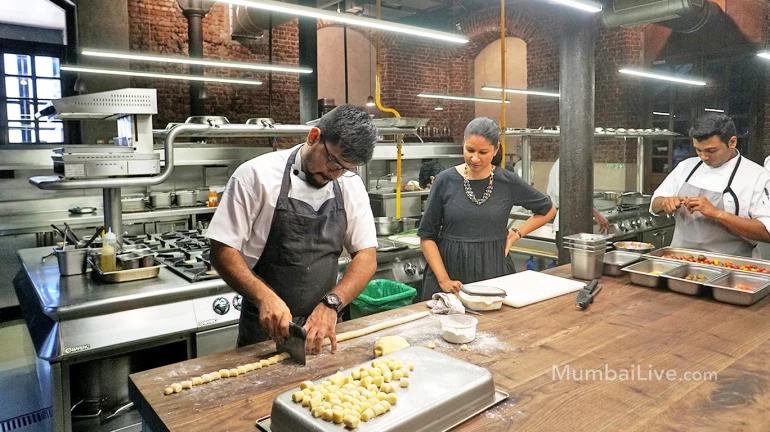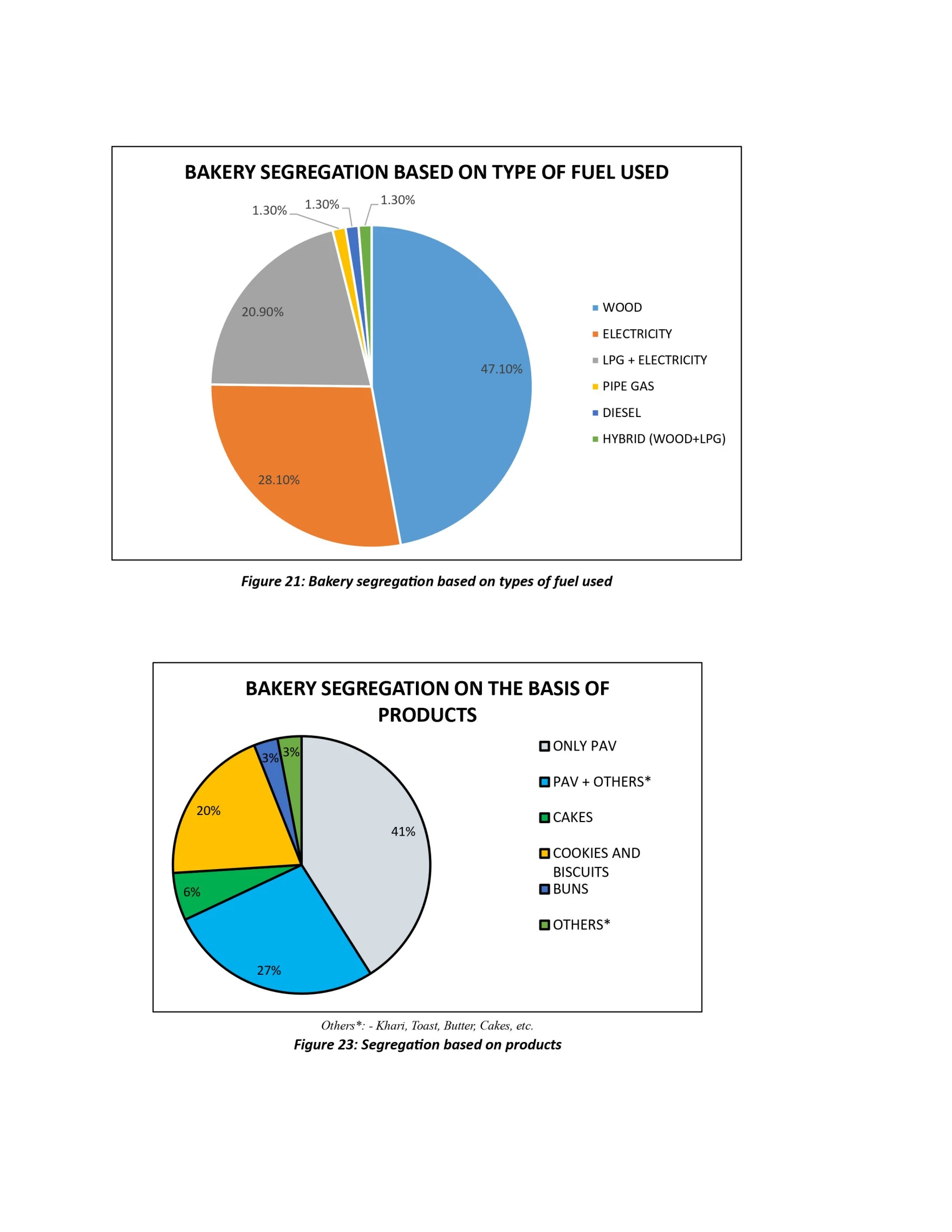
A six-month technical study by the Bombay Environmental Action Group (BEAG) has revealed significant insights into the impact of Mumbai's bakery sector on air pollution. The report has proposed a roadmap and actionable recommendations for policymakers to facilitate the transition to cleaner fuels.
Surveying over 200 bakeries, the study titled Envisioning a Sustainable Bakery Industry for Mumbai found that most bakeries still use wood-fired ovens, which emit harmful pollutants including particulate matter (PM), methane (CH4), carbon dioxide (CO2), carbon monoxide (CO), and volatile organic compounds (VOCs). These emissions pose severe health risks to Mumbai's residents.
Transitioning from wood-fired ovens to cleaner fuels is crucial for improving air quality, safeguarding public health, and ensuring a sustainable future for the city. The study’s recommendations align with the National Clean Air Programme (NCAP) objectives, emphasising the need for regulatory support and collaboration among bakery owners, policymakers, and environmental organisations.
The Mumbai Climate Action Plan (MCAP) by Brihanmumbai Municipal Corporation’s (BMC) states that there is a mandate for all bakeries to obtain licences to move to cleaner fuels for which the timeframe given is till the year 2027.
Dr. Tuhin Banerji, Project Head for Envisioning a Sustainable Bakery Industry for Mumbai study said: "Solid fuel burning is one of the toughest sources of pollution to abate. The bakery sector uses solid fuels from diverse origins. By allocating funds from the National Clean Air Programme and forming partnerships with the private sector, we can provide the technical and financial assistance needed to transition to cleaner fuels. Strengthened regulatory measures will ensure compliance and long-term sustainability."
The Bread and Butter of the Study
The study aimed to investigate fuel usage trends in Mumbai's bakeries, map their geographical distribution, identify obstacles to adopt cleaner fuels, and propose practical solutions to promote sustainable fuel choices.
The study was conducted in three phases:
Data Collection: Information on registered bakeries in Mumbai for the years 2017 and 2023 was obtained through RTI applications.
Survey and Mapping: Surveys & visits conducted across 17 wards collated information on fuel usage, bakery operations, and the feasibility of transitioning to cleaner fuels. Geographic mapping was performed using Google Earth, Google Maps, and ArcGIS.
Analysis and Recommendations: Data analysis evaluated the environmental impact of current practices and the benefits of cleaner alternatives. A cost-benefit analysis identified the most viable fuels for transitioning.
Overall, 47.10% of the 200 surveyed registered bakeries predominantly use wood as fuel, primarily sourced as scrap wood from old furniture and dilapidated buildings due to its lower cost compared to logwood. This practice significantly contributes to the city's pollution levels.
The larger wood-consuming bakeries reported daily usage between 250 and 300 kilograms of wood, while the average wood consumption for wood-fired bakeries stood at approximately 130 kilograms daily. To process 20 kilograms of flour into 'pav,' about 4-5 kilograms of wood are required. The cost of scrap wood is around ₹ 4-5 per kilogram, whereas logwood costs ₹10-12 per kilogram. The ash generated from wood-fired bakeries is often disposed of in dumping grounds, contributing to air pollution.
The environmental impact of these practices is staggering. Emissions from wood-fired ovens are a major source of PM10 and PM2.5, tiny particles that can penetrate deep into the lungs, causing respiratory and cardiovascular diseases. Burning of these scrap woods also produces VOCs that cause cancers, asthma, and many other diseases. These VOCs produced also lead to formation of haze and ground level ozone.
Electricity was the second most common fuel, used by 28.10%. Other fuel options, including LPG, PNG, diesel, and hybrid fuels, were less frequently used, with LPG+Electricity being used by 20.90% bakeries.
Of all the wards visited and surveyed, E Ward had the highest number of bakeries (23) visited, followed closely by B and K/West Wards with 21 visits each. E Ward also had the highest usage of wood and electricity, with 12 and 7 bakeries respectively. The K/West Ward notably relied heavily on LPG for energy, with 13 out of 21 bakeries using it.

A Recipe for Change
The BEAG study highlights the problem but also proposes and recommends implementable solutions in a phased approach for a smoother transition.
The recommendations include conducting cost-benefit analyses to assess the economic feasibility and benefits of cleaner fuels, helping understand financial implications and long-term gains. To reduce the initial investment burden on bakery owners, introducing subsidies, tax breaks, or other financial incentives is advised. Collaboration between government bodies, bakery owners, and stakeholders is crucial for setting realistic targets and facilitating the adoption of cleaner fuels. Tailored regulatory requirements based on bakery size and operations are essential for an effective transition.
Short Term (within six months) recommendations:
Conduct ward-wise workshops to raise awareness about the health benefits and pollution impact of cleaner fuels.
Involve Mahanagar Gas Limited (MGL) and oven manufacturers to ensure a smooth transition to PNG.
Optimise ash disposal practices to comply with environmental regulations.
Medium Term (six months to one year) recommendations:
Prioritise the transition of large, registered bakeries to electricity or PNG due to their higher fuel consumption and emissions.
Address registration issues for unregistered bakeries.
Initiate studies on emission inventories, ash disposal regulations, and bakery categorisation to incentivise cleaner operations.
Long Term (one to two years):
Ensure all bakeries are registered and comply with zero percent open ash disposal.
Promote sustainable practices to reduce the environmental impact of Mumbai's bakery sector, contributing to a healthier and cleaner city.





